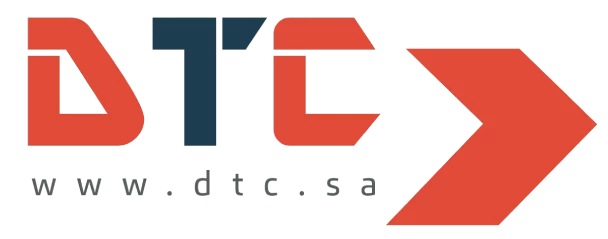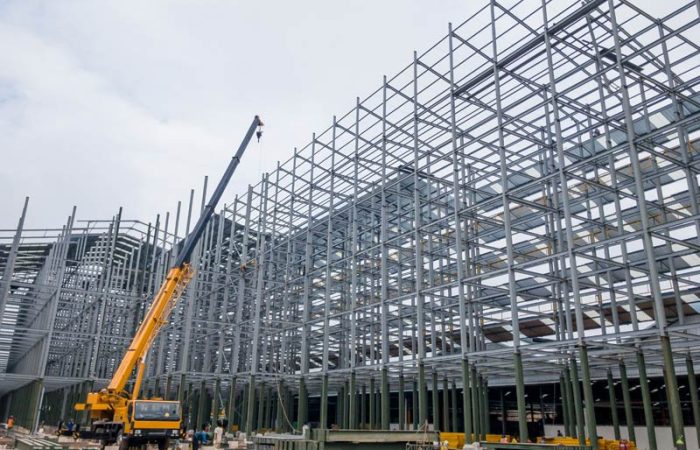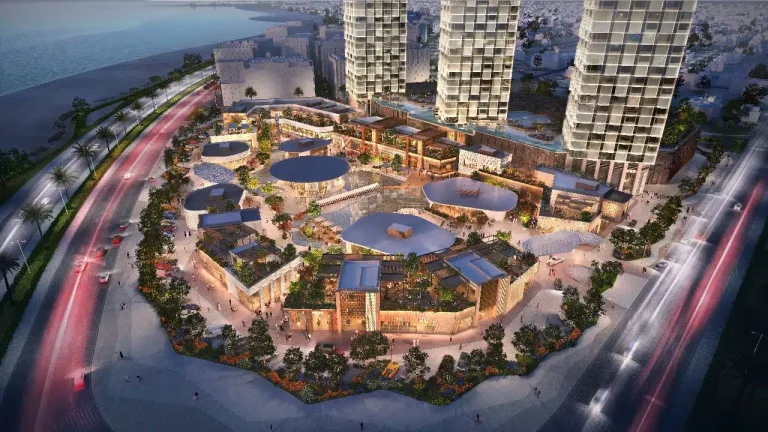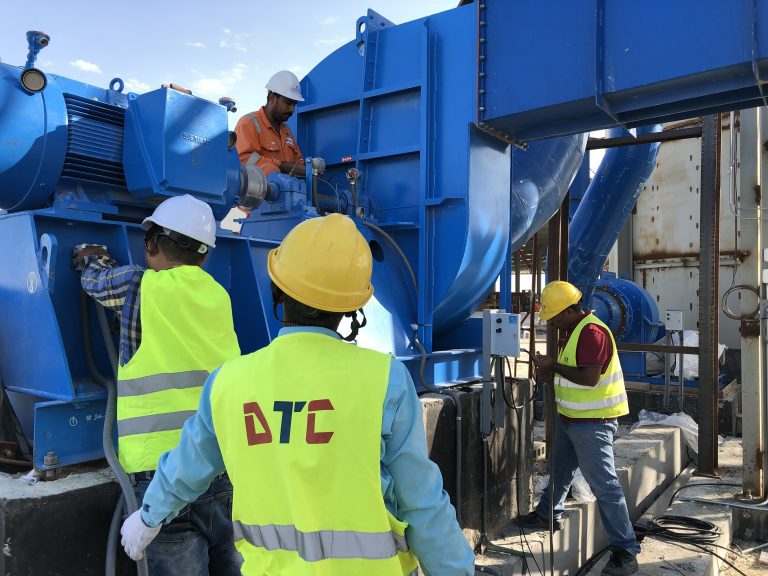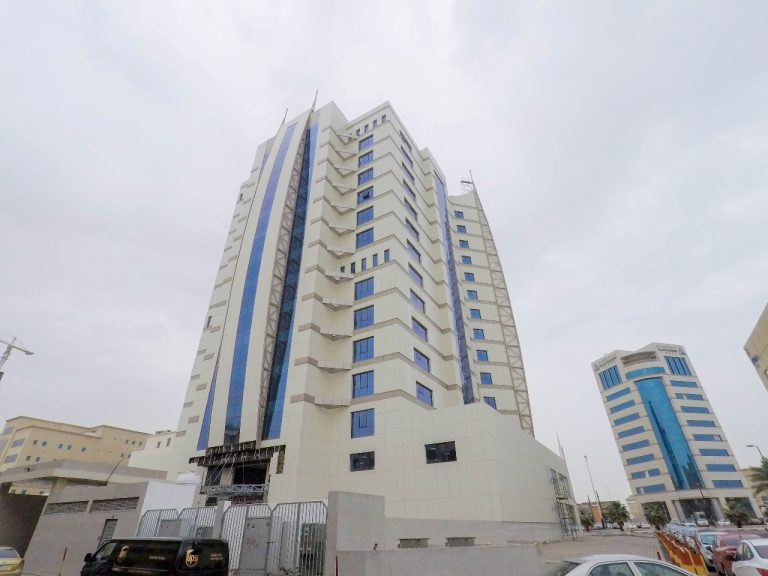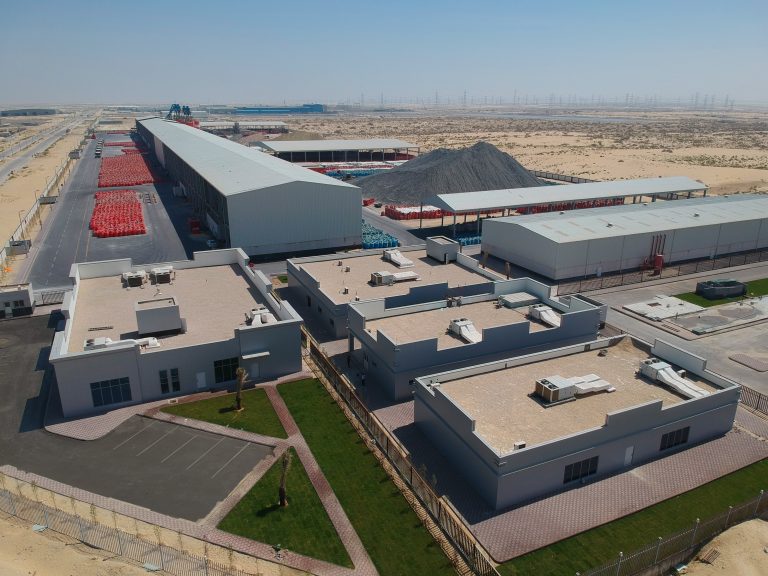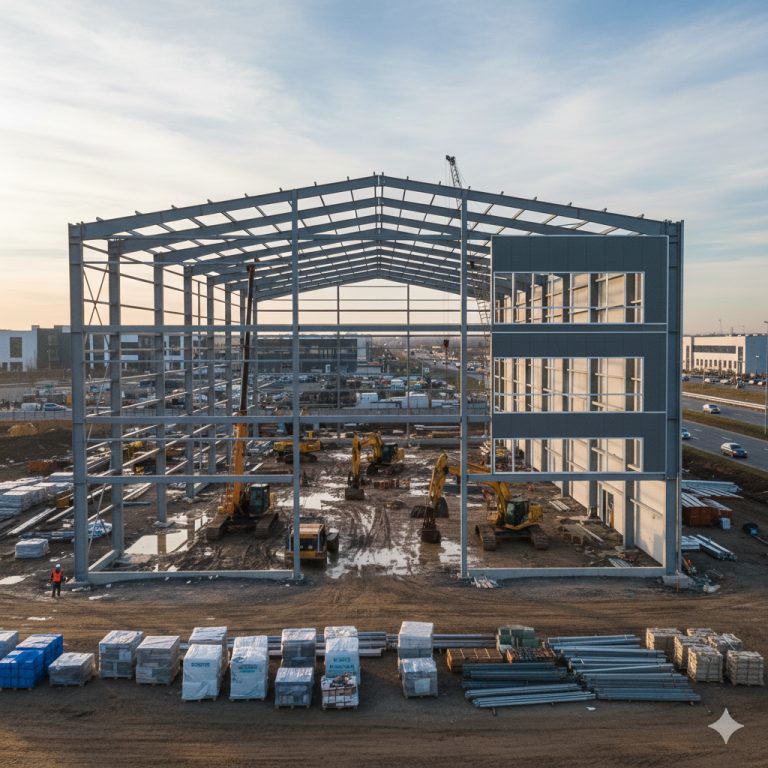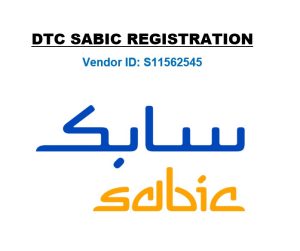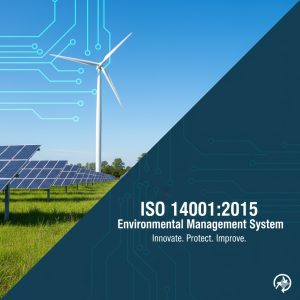industrial contracting Saudi Arabia
1. Introduction: A New Industrial Era in Saudi Arabia
Saudi Arabia today stands at a pivotal turning point in its economic evolution. Under Vision 2030, the Kingdom is aggressively diversifying away from oil dependency and positioning itself as a global manufacturing and logistics hub. Central to that ambition is the rapid development of industrial zones and factories across the Kingdom, from Sudair (near Riyadh) to Dammam in the Eastern Province, and throughout the network of MODON industrial cities.
To realize this industrial revolution, the Kingdom needs not only land and infrastructure, but specialized contracting firms that can design, build, and deliver high-quality industrial buildings, factories, warehouses, and support facilities. These firms must have deep expertise in structural systems, MEP (mechanical, electrical, plumbing), industrial layout, heavy services, and integration of modern manufacturing demands.
This article will explore:
-
The role and capabilities of specialized industrial contractors in Saudi Arabia
-
The growth, advantages, and features of key industrial zones (Sudair, Dammam, Riyadh, and others)
-
How contracting firms and industrial development can attract the highest caliber of factory investors
-
Examples, challenges, and strategies for success
If you are a global manufacturer or investor looking to establish a factory in Saudi Arabia, this article will help you identify what to look for in a contractor, understand zone advantages, and assess the opportunities.
2. The Rise of Industrial Zones in Saudi Arabia
2.1 MODON and the Network of Industrial Cities
The Saudi Authority for Industrial Cities and Technology Zones, often known by its acronym MODON, oversees and regulates over 35 industrial cities across the Kingdom. These industrial cities provide investors with key infrastructure (roads, utilities, zoning, building permits, support services) and land development.
Some of the known industrial cities include:
-
Riyadh 1st and 2nd Industrial Cities Dammam 1st (and 2nd) Industrial Cities
-
Riyadh Third (Sudair / south of Riyadh) Industrial City, which houses dozens of factories and is fully developed for industrial uses.
-
Additional industrial cities in Central, Western, and Eastern regions including Al-Kharj, Zulfi, Al-Ahsa, Hafr Al-Batin, etc.
These cities are distributed across the Kingdom, giving investors flexibility in location, proximity to ports, access to labor, and logistical advantages.
2.2 Spotlight: Sudair Industrial City (Riyadh region)
Sudair (or sometimes referred to in industrial planning near Riyadh) is part of the central cluster. It benefits from proximity to the capital, road networks, and access to utilities and labor. Being close to Riyadh gives manufacturers easier access to services, markets, and administrative institutions.
2.3 Spotlight: Dammam & Eastern Industrial Zones
Dammam, in the Eastern Province, benefits from proximity to the Gulf, ports, oil & gas infrastructure, and petrochemical complexes. The Dammam industrial cities are primary destinations for heavy industry, petrochemicals, energy, and downstream manufacturing.
Given the Eastern region’s existing industrial base (Jubail, Yanbu, etc.), a factory in Dammam or adjacent zones can leverage supply-chain synergies, feedstock access, port access, and logistics networks.
2.4 The Industrial Revolution Across the Zones
Across the Kingdom, industrial zones are being upgraded, expanded, specialized, and even transformed into industrial & technology complexes. For example, MODON Oases, industrial oases, and the push to integrate smart infrastructure, utilities, and incentives are part of this revolution.
The goal is to attract high-quality global manufacturing investment, increase local content, support supply chain development, and diversify the economy. The environment now is more favorable: industrial licensing, infrastructure readiness, incentives, and streamlined regulation. In one recent month, Saudi Arabia approved 83 new industrial licenses and opened 58 new factories worth SR 2.85 billion. This momentum signals that the Kingdom is serious about industrial growth.
3. Why Specialized Industrial Contractors Matter for Factory Investors
When a manufacturer (local or global) considers building a factory in Saudi Arabia, the choice of contracting partner is critical. A general contractor experienced in offices or residential may falter in the complexity of industrial works. Here’s what differentiates industrial construction firms:
3.1 Deep Technical Expertise
Industrial buildings have strict requirements:
-
Heavy load-bearing structures (for large equipment, cranes, overhead cranes)
-
Specialized foundations (for vibration isolation, heavy machinery)
-
Integration of MEP systems: high-power electrical systems, HVAC for process areas, industrial plumbing, gas lines, compressed air, exhaust systems, clean rooms, etc.
-
Compliance with safety codes, fire systems, explosion-proofing, hazardous material management
-
Infrastructure support: loading docks, freight handling, service corridors
-
Integrated process layout: coordinating civil/structural with manufacturing, material flows, automation
A contracting firm must be able to coordinate architectural, structural, mechanical, electrical, and process engineers seamlessly.
3.2 Turnkey / EPC Capability
Investors often prefer EPC (Engineering, Procurement, Construction) or turnkey delivery: the contractor handles design, procurement of materials and equipment, integration, commissioning, and handover. This reduces risk and ensures accountability.
Firms with experience in factory / industrial EPC have competitive advantage.
3.3 Industrial Track Record & Local Knowledge
A contracting firm that has built past industrial projects in Saudi Arabia will:
-
Know local regulations, permitting, MODON coordination
-
Be familiar with Saudi construction practices, sourcing, supplier network, logistics
-
Already have skilled staff, relationships with equipment vendors, subcontractors
-
Mitigate risk of delays and cost overruns
For example, DTC General Contracting positions itself as a builder of industrial & pre-engineered buildings (PEB) across KSA. They emphasize reputation, safety, and performance.
Another example is Gulf Consolidated Contractors which aims to lead in the domain of industrial construction (civil, electrical, instrumentation, pipelines). Also Gulf Construction Co. in Hofuf / Dammam has industrial experience.
IBSF (International Building Systems Factory) is a contractor / EPC player in industrial & commercial projects in Saudi & MENA.
WestCon offers turnkey industrial & MEP construction. These firms reflect the kind of expertise you should seek.
3.4 Capacity for Scale, Complexity & Standards
Large factories demand scale: long spans, high bay heights, large footprints, multimodal logistic integration, and ability to interface with infrastructure (roads, utility grids, ports). The contractor must handle complexity, interface with multiple stakeholders, and deliver to industrial quality standards.
3.5 Risk Management, Compliance & Quality Assurance
Industrial projects often carry higher risk (e.g., equipment interfaces, tolerances, safety, downtime). A specialized contractor will offer rigorous QA/QC, commissioning, calculation of tolerances, risk mitigation approaches, and post-handover support.
4. Profiles of Prominent Industrial / General Contracting Firms
To give prospective investors confidence, here is a selection of prominent contractors in Saudi Arabia active (or capable) in industrial / factory construction:
| Company | Highlights / Strengths |
|---|---|
| DTC General Contracting | Emphasizes industrial & PEB (pre-engineered building) construction across KSA. DTC – درر تمام | Contracting Company+1 |
| IBSF (International Building Systems Factory) | Strong EPC track record in industrial and commercial construction across Saudi & MENA. ibsf.com |
| Gulf Consolidated Contractors | Focused on industrial infrastructure: civil, electrical, instrumentation, and pipelines. gccksa.com |
| Gulf Construction Co. | Regional presence in Eastern KSA (Dammam / Hofuf) with completed industrial projects. gulf-cc.com |
| WestCon LLC | Turnkey, industrial & MEP construction services, with clients in manufacturing. WestCon |
| TAM General Contracting | Steel structure, heavy industrial works among core specialties. tamcompany2030.com |
| AlKifah Contracting (KCC) | A large integrated contractor across KSA, capable of industrial construction. AlKifah Contracting |
| Albawani | One of the large Saudi contracting groups that has diversified into industrial and infrastructure works. albawani.net |
| SISCO (Specialized Industrial Services Co.) | Supports industrial, oil & gas, chemical projects. SISCO |
| Arabian Bemco | EPC / turnkey experience in industrial & power projects. arabianbemco.com |
When selecting a contractor, you should assess their industrial building portfolio, regional presence (e.g. Eastern Province, Riyadh, Dammam), EPC capability, and local supply chain relationships.
5. Industrial Zones & Development – Examples & Advantages
Now, let’s explore specific zones (Sudair, Dammam, Riyadh) and how they fit into the industrial revolution — and how contracting firms can leverage those for investor attraction.
5.1 Riyadh / Sudair / Second Industrial City
-
Second Industrial City (Sinaiyah al-Jadidah / Al Sinaiyah) lies in east-southern Riyadh along the Kharj Road. It covers a large industrial footprint (~4,700 acres) and has been a strong anchor zone for manufacturing, metalworks, automotive, and machinery industries.
-
Sudair / Riyadh 3rd Industrial City is more recently developed, hosting 37 industrial and service contracts, well-placed with road connections and ready infrastructure.
-
Investors near Riyadh gain advantages: centralized administrative connectivity, labor pool, proximity to consumer markets, access to King Khalid International Airport and dry port facilities.
Contractors working in Riyadh / Sudair must also coordinate with Riyadh municipality, utilities, road authorities, and possibly integrate projects with special economic zones.
5.2 Dammam / Eastern Industrial Region
-
Dammam’s industrial cities (1st, 2nd) lie close to Gulf ports, major oil & gas infrastructure, and existing industrial complexes like Jubail.
-
Manufacturers focusing on petrochemicals, heavy machinery, downstream industries, energy, and logistics can benefit from reduced transport cost, feedstock proximity, and synergies.
-
Contractors in Dammam often deal with harsh coastal conditions, corrosion, and heavy-duty industrial requirements. Those experienced in such environments will have a competitive edge.
5.3 Other Industrial Zones & SEZs
-
Jubail Industrial City is one of the largest and most mature industrial cities globally, dominated by petrochemical and energy-intensive industries.
-
King Abdullah Economic City (KAEC) includes industrial, logistics, and light manufacturing zones.
-
Special Economic Zones (SEZs) across Saudi Arabia (e.g. Ras Al Khair, Jazan, Riyadh Integrated Logistics Zone) offer incentives like favorable tax treatment and streamlined regulations to attract manufacturing and logistics investment.
Thus, contractors who can build across these varied zones (industrial cities, SEZs) offer investors flexibility and strategic reach.
6. What Investors Should Look for in a Contractor
If your goal is to attract high investors to build factories, you should promote contractors capable of:
-
EPC / Turnkey Delivery – deliver design, procurement, construction, commissioning, testing, and handover.
-
Industrial Project Portfolio – evidence of previous factory / plant / production facility projects.
-
Local Zone Experience – previous work in MODON, Dammam, Riyadh, Jubail, SEZs.
-
Technical Capabilities – structural, MEP, process integration, heavy services, automation interface.
-
Quality, Safety & Certification – ISO, safety records, QA/QC systems.
-
Supply Chain & Vendor Networks – ability to source steel, equipment, specialty materials locally.
-
Financial Stability & Resources – capability to scale, manage cash flow, withstand large project demands.
-
After-sales / Maintenance / Support – ability to support factory operation beyond construction.
-
Flexibility & Scalability – design for future expansion, modular construction, adaptability.
-
Reputation & Trust – references, client testimonials, track record of delivery on time and budget.
When marketing to global or regional industrial investors, showcase your chosen contractors’ strengths along these dimensions.
7. Marketing the Vision: Attracting High-Value Factory Investors
To compete globally, Saudi Arabia’s industrial zones and contracting ecosystem must be marketed strategically. Here are key messaging and positioning points:
7.1 Promoting the Zone Advantages
-
Ready infrastructure in MODON industrial cities
-
Proximity to markets, ports, and feedstock in Eastern Province (Dammam / Jubail)
-
Administrative, licensing, and land availability support
-
Incentives and benefits via SEZs (corporate tax, customs, VAT exemptions)
-
Cluster advantages — co-location with complementary firms
-
Stable political environment & national commitment to industrialization
7.2 Presenting Contractor Strengths
-
Emphasize turnkey, industrial-grade contractor capabilities
-
Highlight proven projects in industrial sectors
-
Showcase ability to deliver full factories, not just shell buildings
-
Emphasize local knowledge, regulatory experience, and risk mitigation
-
Offer “factory-ready” packages (civil + structural + MEP + automation infrastructure)
7.3 Risk Mitigation & Reliability Messaging
-
Emphasize compliance, safety, QA/QC, warranty, aftercare
-
Show past record of happening on schedule, cost control, performance
-
Highlight scalability and flexibility
7.4 Global vs Local Positioning
-
Cast Saudi zones and contractors as globally competitive (cost, quality, incentives)
-
Emphasize local value (Saudi content, local labor, supply chain)
-
Demonstrate ease of doing business — streamlined permitting, investor support
7.5 Strategic Use of Case Studies & References
-
Provide examples of factories built by your contractors
-
Show performance metrics: timelines, capacity, costs
-
Use testimonials of satisfied industrial clients
These marketing messages will help you attract high-caliber factory investors who weigh risk, performance, cost, and reliability.
8. Challenges & How to Overcome Them
No development is without obstacles. Understanding them helps you show investors you can manage risks.
-
Site geotechnical issues – soil conditions, water table, ground stability
-
Retention of top technical contractors / staff
-
Regulatory delays & coordination with MODON, municipalities, utility agencies
-
Supply chain constraints, especially for specialized steel, equipment, imported materials
-
Logistics and transportation of heavy machinery
-
Cost overruns / currency / market risk
-
Technical interface with production equipment vendors
-
Maintenance, commissioning issues
To overcome:
-
Conduct thorough site surveys and geotechnical studies
-
Prequalify and lock in specialized contractors and procurement early
-
Establish strong relationships with MODON, government bodies
-
Build buffer time and contingency in schedules
-
Use modular design and local content to reduce reliance on imports
-
Engage in risk sharing via fixed‐price contracts or incentives
-
Ensure integrated design teams (civil / process / mechanical)
-
Provide maintenance, service, and training warranties
By acknowledging and planning for these, your pitch to investors becomes more credible.
9. Sample Investor Story (Hypothetical)
Imagine a global electric motor manufacturer planning to set up a factory in Saudi Arabia:
-
They are evaluating locations in Sudair (near Riyadh) or Dammam industrial zones
-
They request proposals from industrial contractors with factory building expertise
-
A specialized contractor (say, DTC or IBSF) offers a turnkey EPC solution: site preparation, foundation, structural steel, MEP services, factory fit-out, utility integration
-
The contractor also handles permitting with MODON, connects to power grid, helps with site leveling, liaisons with local municipalities
-
The investor sees cost and risk advantages: lower land cost, incentives, reliable contractor, and fast time to operation
-
The investor signs, construction completes in schedule, the factory begins output, and becomes a showcase
When you package such a story (with real case equivalence), it becomes a powerful tool in selling your industrial zone & contractor capability.
10. Conclusion & Call to Action
Saudi Arabia is in the midst of a robust industrial and manufacturing transformation. The development of industrial zones—Sudair, Dammam, Riyadh industrial cities, and SEZs—provides fertile ground for manufacturers. But none of that matters unless high-quality industrial contracting firms are ready to deliver.
For investors seeking to build factories in Saudi Arabia, partnering with contracting firms that specialize in industrial / factory construction is key. These firms must bring EPC capability, industrial design experience, local regulatory insight, and a track record of executing complex projects.
If you are a manufacturer or investor considering Saudi Arabia, we encourage you to connect with leading industrial construction firms (such as DTC General Contracting, IBSF, Gulf Consolidated, WestCon, etc.) to request proposals and site assessments. The time is ripe; the infrastructure is being built, and the Kingdom is opening its arms to world-class manufacturing investment.
